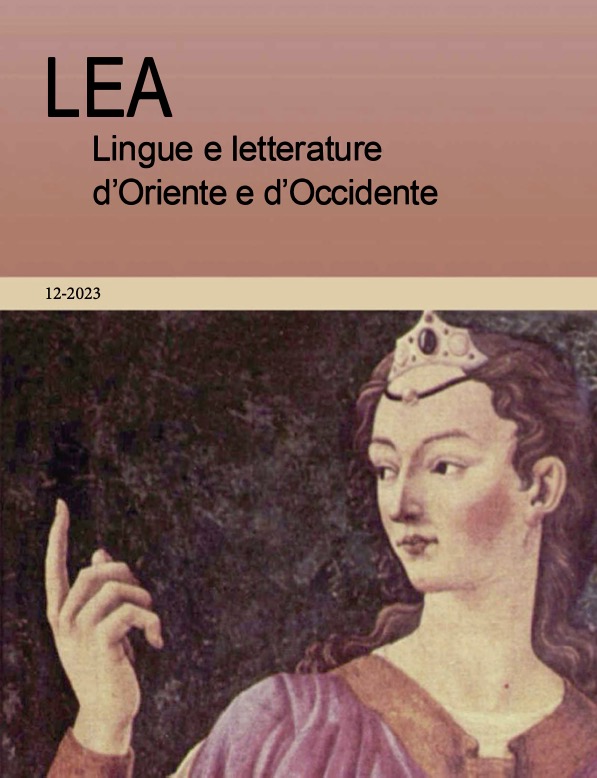Published 2023-12-23
Keywords
- Early Middle Ages,
- Family-Based Society,
- Kingship,
- Magic,
- Romano-Germanic Laws
Copyright (c) 2023 Daniela Fruscione

This work is licensed under a Creative Commons Attribution 4.0 International License.
Abstract
This article focuses on the concerns of the authorities as shown in the provisions on witchcraft and magic contained in the Romano-Germanic laws enacted from the sixth century (leges). These provisions shed light on what was prohibited and what was designated as magic; however, the attitude of the authorities towards magic and witchcraft was not univocal, mainly because of the religious and ethnic bipolarism underlying early European legislation on magic. Early medieval laws allow observing the formal expression of areas through which public concerns over the practice of magic operated. In most leges the use of magic was not punished as a religious offence, but rather for its destabilizing aspect regarding the social order. Moreover, the Church’s attitude towards magic was not monolithic: the official Church coexisted with local magical customs. The early medieval leges confirm that magic is a category dependent on the perceiver, encompassing practices and beliefs that border on other features of human experience, such as religion and law itself.

